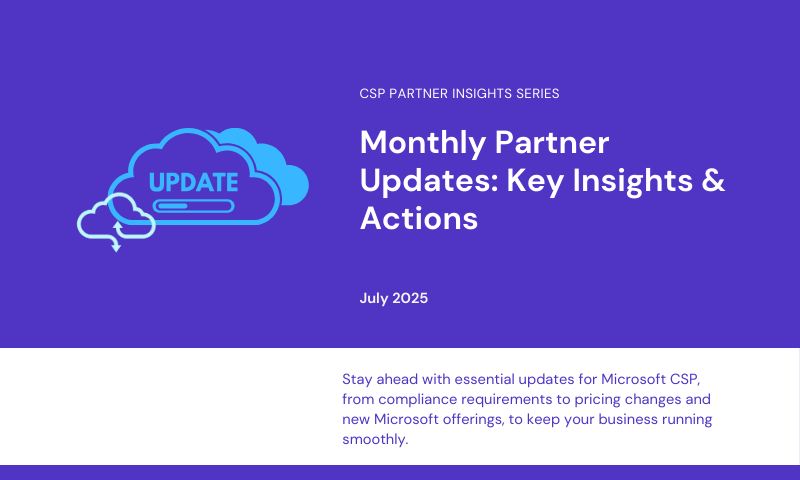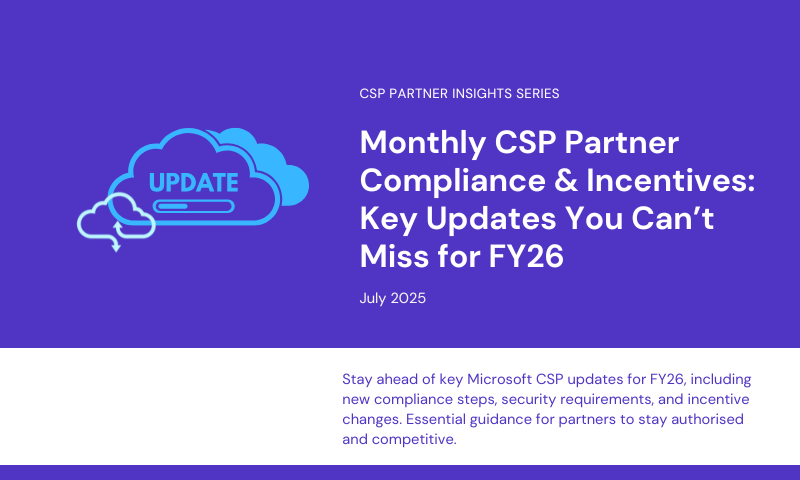*Inhale*
*Exhale*
Breathing exercises can offer an extremely simple, effective and convenient way to relieve stress but sometimes, this just doesn’t do the trick.
LinkedIn has revealed that half of Australians are reeling from the stress and strain of modern work.
A global LinkedIn survey of over 2,800 professionals revealed that the leading cause of stress for Australian professionals is work-life balance and workload.
This affects almost three in four Australians.
Australian’s are most concerned about:
1. Work-life balance/workload (72%)
2. Sense of purpose/direction (66%)
3. Colleagues/work politics (64%)
4. Access to tools to do the job (63%)
5. Confidence in their job future (62%)
On the global professional playground, it was revealed that Gen X (born between 1961 – 1981) is the most stressed generation with 54 per cent claiming to be stressed.
And the number one reason is the concern about confidence in their job future.
While some workplace stress is normal, excessive stress can interfere with your productivity and performance and sometimes contribute to the development of other conditions.
Reducing stress at work: by LinkedIn expert opinions
Now that we know the key drivers of stress at work, here’s the real question: How do you overcome these challenges?
Here are 4 playbooks for combating stress:
1. It’s okay to say “no” sometimes
Set realistic priorities and goals, adhering to them and giving your 100% best.
By taking on less, you’ll be able to better execute your most important work and feel less stressed with your responsibilities.
2. You can’t control the future – but you can control yourself
The fear of the unknown in your career can be crippling.
And while the way we all work and live continues to change in this Age of AI, this also means we have greater opportunities.
The best way to thrive is by investing in new digital competencies and soft skills that will set you apart.
Make learning part of your routine.
The World Economic Forum released a report stating “active learning” is now a key in-demand skill.
3. There is politics everywhere; it’s not just you
Every organisation and business has different dynamics.
Politics at work involves workers building strategic relationships with peers and managers so that everybody can grow personally and professionally.
4. Nobody has it ALL figured out
Do you ever feel inadequate when you can’t get the immediate answers you’re after?
The key is ensuring you continually reflect.
Is what you do, contributing to a greater cause or are you creating a product or delivering an important service?
Ask yourself what it is you like about your job and focus on the important stuff!
2 other important tips:
– Reach out to someone
Sometimes the best stress-reducer is talking it out with someone close to you.
They don’t have to ‘fix’ your issue, but this is an effective way to regaining your sense of calm.
– Focus on your physical health: exercise, nutrition and sleep
Taking care of yourself doesn’t require a total lifestyle overhaul.
Even small things can lift your mood, increase your energy, and make you feel like you’re back in the driver’s seat.
For useful knowledge on how to develop and deliver stress reduction interventions in real-life workplaces, download the Reducing Workplace Stress report by Vic Health.
If work-related stress for yourself or someone you know continues to be a problem and impacts your health and safety, despite your efforts, consider seeking advice from your manager, HR department or a career counsellor.
For other resources, you can visit Beyond Blue or Heads Up.
GIF source: http://gph.is/2cBwk7G
[simple-author-box]




Interesting read and totally relatable.
On another note, does anyone get meal preparation stress?